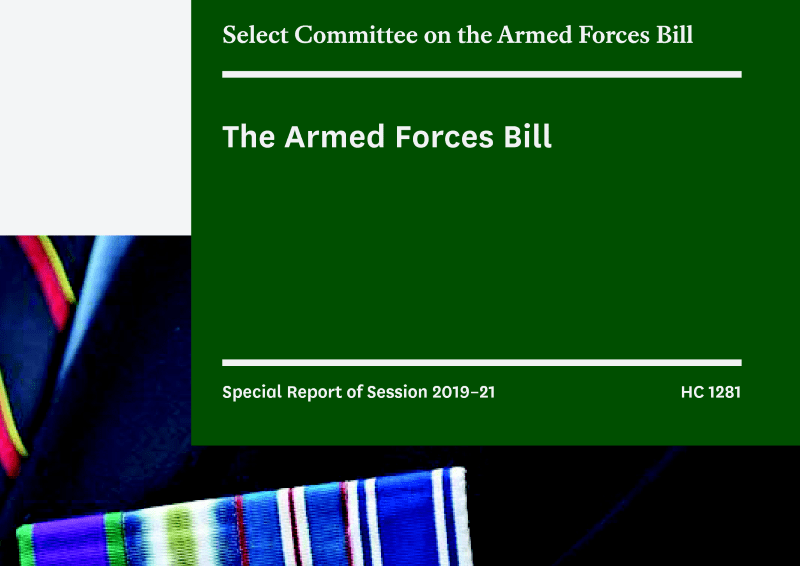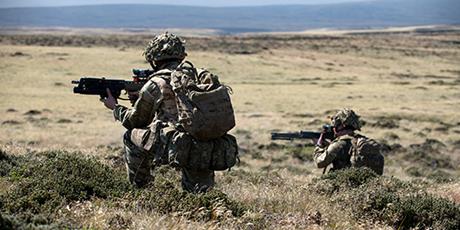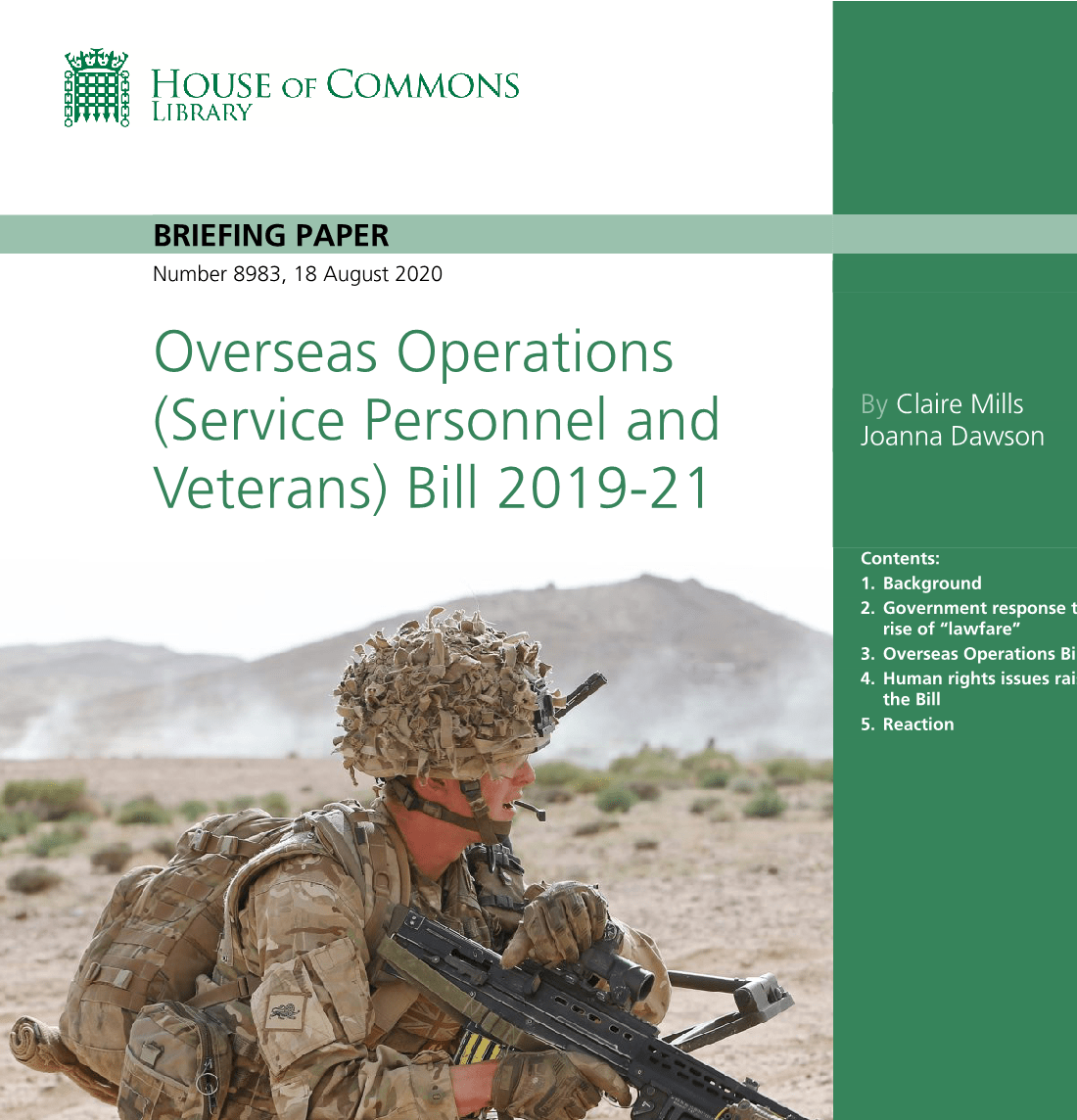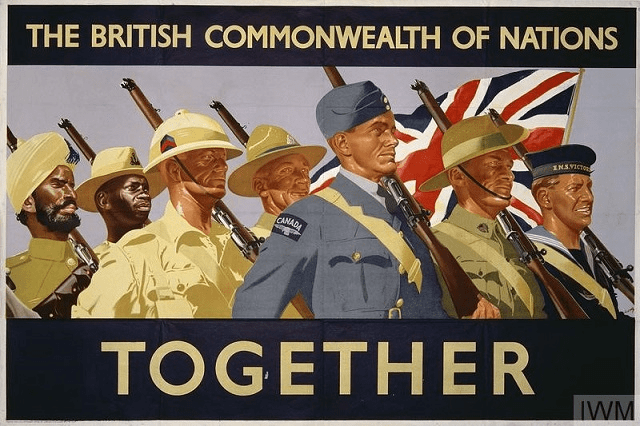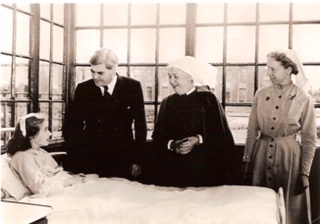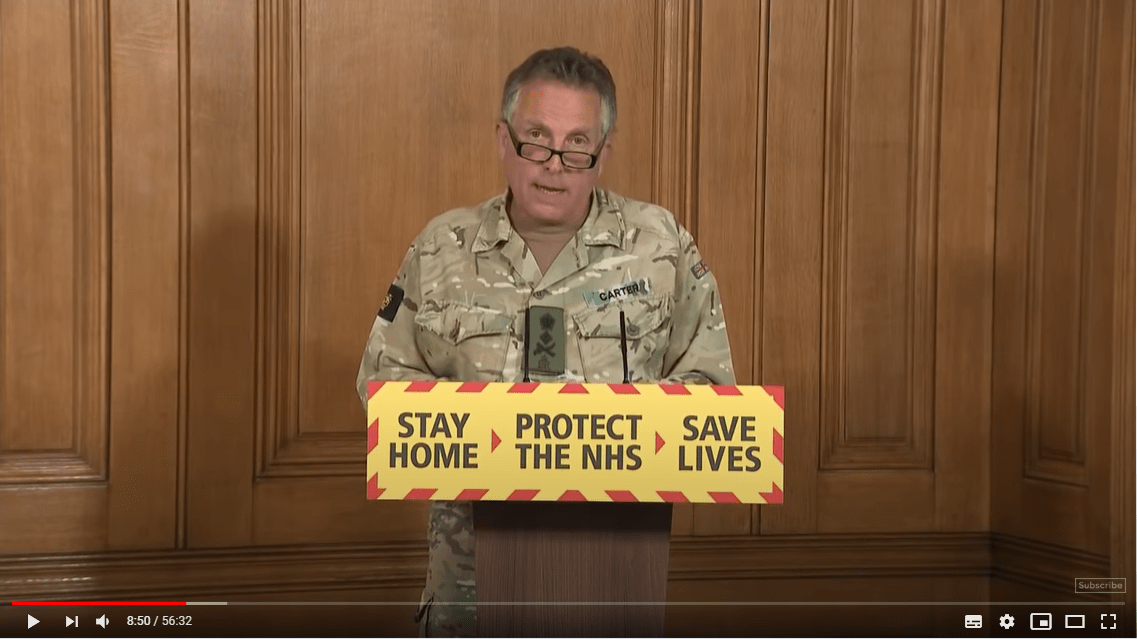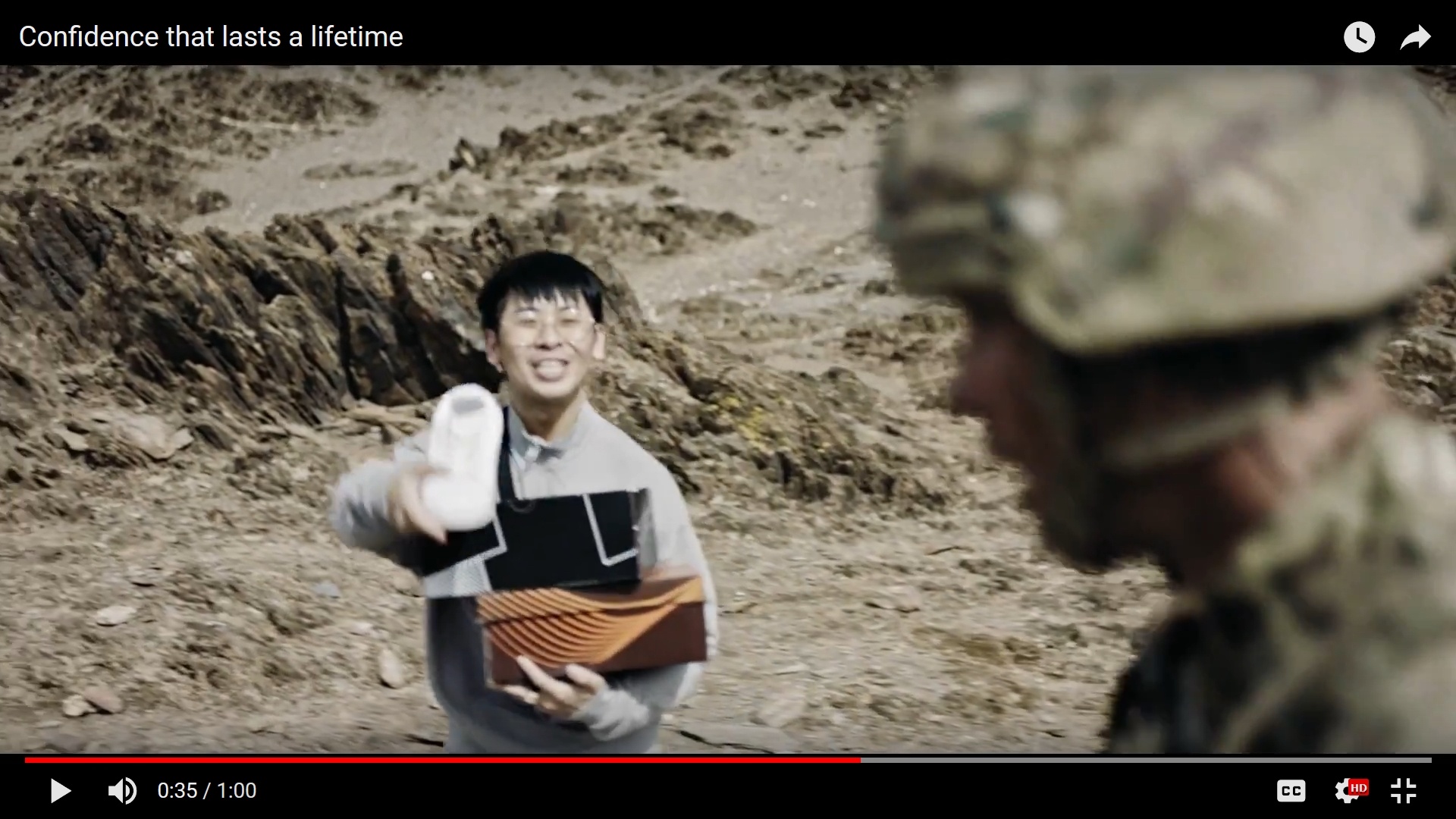The Armed Forces Bill: lost opportunities and some dubious proposals
Every five years, new legislation concerning the armed forces, and amendments to existing laws, are put forward under an Armed Forces Bill. This is an opportunity for civil society to raise concerns in parliament about how the UK’s military institutions operate. ForcesWatch and our partner organisations have usually focused on fomenting debate about raising the age of enlistment and the terms of service for young recruits.
The current Armed Forces Bill also proposes important changes to the military justice system, will make civil society obligations under the Armed Forces Covenant a legal duty, and has provided an opportunity for MPs who support establishing a representative body for serving personnel to further their cause.
The Armed Forces Bill reached Committee stage at the end of March. Whilst the Bill still has to go through a Third Reading in the Commons and is yet to pass through the Lords, the process thus far suggests it is likely to pass into law in its current form such is the size of the Conservative majority. Here we review the discussions that took place when the Commons Select Committee on the Armed Forces Bill conducted its line-by-line review of the Bill and look as some concerns both with the legislation and the Committee process.… Read more

